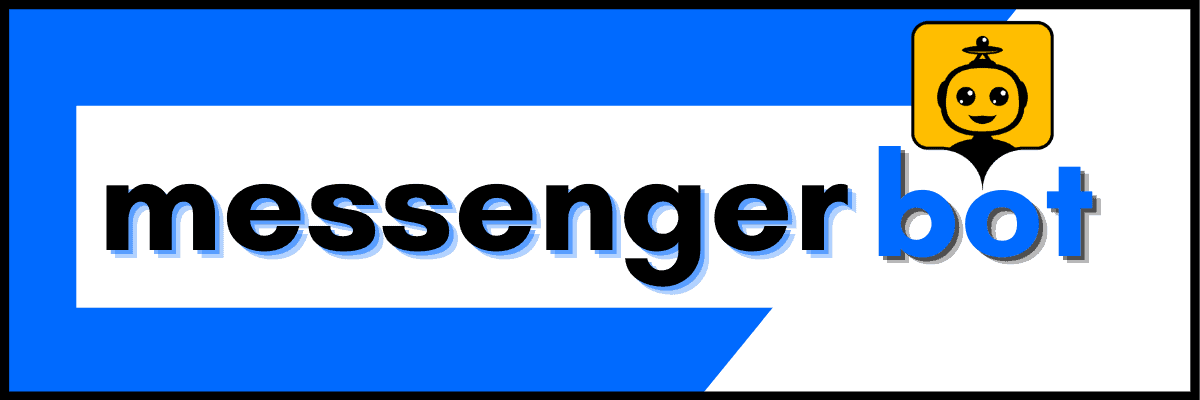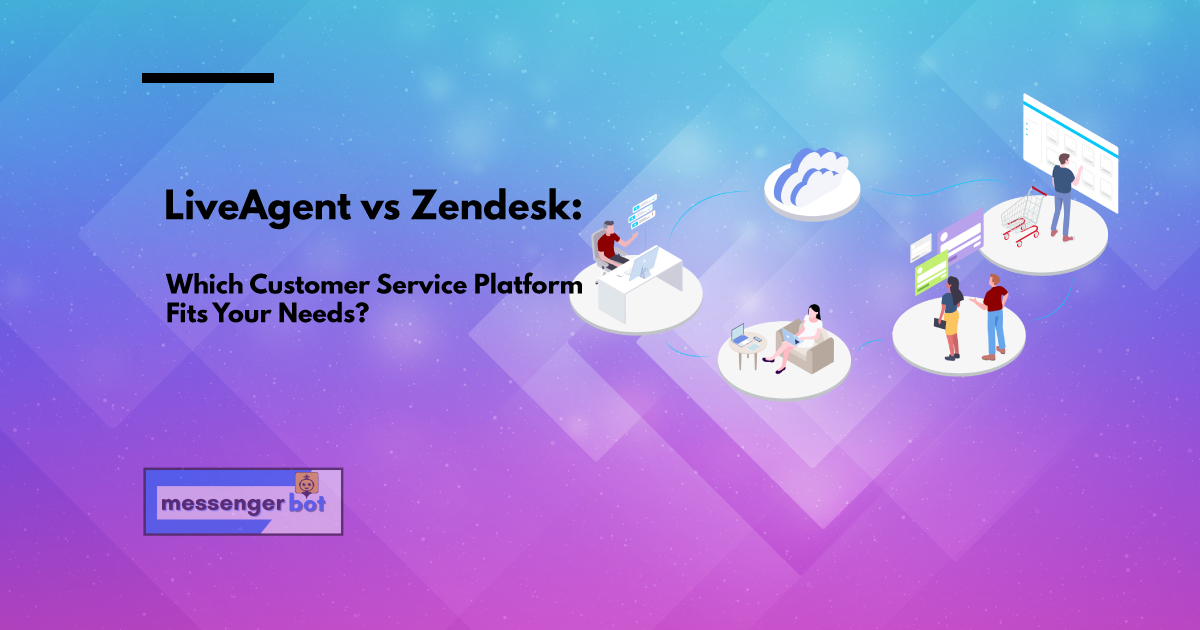Which customer service platform is the best one for your business? There are many different options you can choose from when it comes to finding a customer service provider. LiveAgent and Zendesk are two popular choices, but which one will work the best for your company? The answer to this question can depend on what type of business you run, how much money you’re willing to spend, and other factors. In this post, we’ll discuss the benefits of using LiveAgent or Zendesk so that you can decide which option works best for your needs!
What is live chat software?

Live chat software platforms are tools that allow businesses to communicate with their customers in real-time. This type of software is becoming increasingly popular because it allows companies to provide better customer service and support.
There are several different live chat software platforms available, but two of the most popular options are LiveAgent and Zendesk.
How does live chat software work?
Live chat software enables businesses to communicate with their customers in real-time. This type of software allows customers to chat with a representative from the company to ask questions, resolve problems, and get help. The live chat software gathers all the pertinent customer information and logs it into a ticketing system so that the representative can access it later.
Why add live chat to your website?
Adding live chat to your website can provide a number of benefits for businesses, including:
- More opportunities to close sales – Live chat provides an instant way for customers to ask questions and get help with making a purchase. This can lead to more sales closed through the website.
- Improved customer satisfaction – Having live chat available on your website gives customers a way to get help quickly and easily. It also provides a convenient channel for customers who have questions or problems that need immediate attention, allowing businesses’ customer service teams to be more responsive.
- Higher search rankings – If you’re answering website visitors’ live chat questions in real-time, this makes your business appear even more professional and well-prepared. This may lead to higher search engine rankings, especially for local businesses that have a strong reputation in their area.
- Fewer negative reviews – If you’re doing a good job of responding to website visitors’ questions and addressing their problems through live chat, this can help reduce the number of negative online reviews your business receives on review sites like Yelp and TripAdvisor.
So, as you can see, there are several good reasons to add live chat to your website. If you’re not currently using this technology, it’s worth considering whether it could help improve your business’s online presence and customer satisfaction levels.
How to add live chat to your website?
To add a live chat to your website, you need to first find a live chat provider. There are many different providers out there, but we recommend LiveAgent or Zendesk.
Once you’ve chosen a provider, follow their instructions on how to add the code to your website. It’s usually as simple as copying and pasting a few lines of code into the header or footer of your website.
Once the code is in place, you’ll need to configure it to work with your website. This will vary depending on the provider you choose, but generally, you’ll need to provide your email address and chat settings.
That’s it! You’re now ready to start chatting with customers live on your website.
What are the benefits of using a live chat app?
A live chat app can help businesses increase their sales and improve customer service.
Businesses can use live chat apps to communicate with customers in real-time. This allows businesses to provide better customer service and resolve issues more quickly.
Live chat apps also allow businesses to track the conversation history of each customer. This helps businesses keep track of past interactions with customers and provide better customer service in the future.
What makes a great live chat customer support app?
A great live chat customer support app needs to have the ability to do the following:
-Have a user-friendly interface
-Be able to connect to multiple chat channels
-Store and archive past chats for future reference
-Generate reports on chat activity
LiveAgent is one of the best live chat customer support apps on the market. It has all of these features and more, making it the perfect app for your business.
Zendesk is another great live chat customer support app that has many of the same features as LiveAgent.
LiveAgent vs Zendesk Features Comparison
Choosing a customer service platform can be overwhelming. You have to decide which features are important to you and your team, and then find the platform that offers those features.
In this post, we’ll compare LiveAgent vs Zendesk – two of the most popular customer service platforms on the market. We’ll outline the similarities and differences between the two platforms so you can decide which one is the best fit for your business.
LiveAgent and Zendesk are both great platforms, but they do have some key differences. Let’s take a look at some of the most important ones:
Flexibility
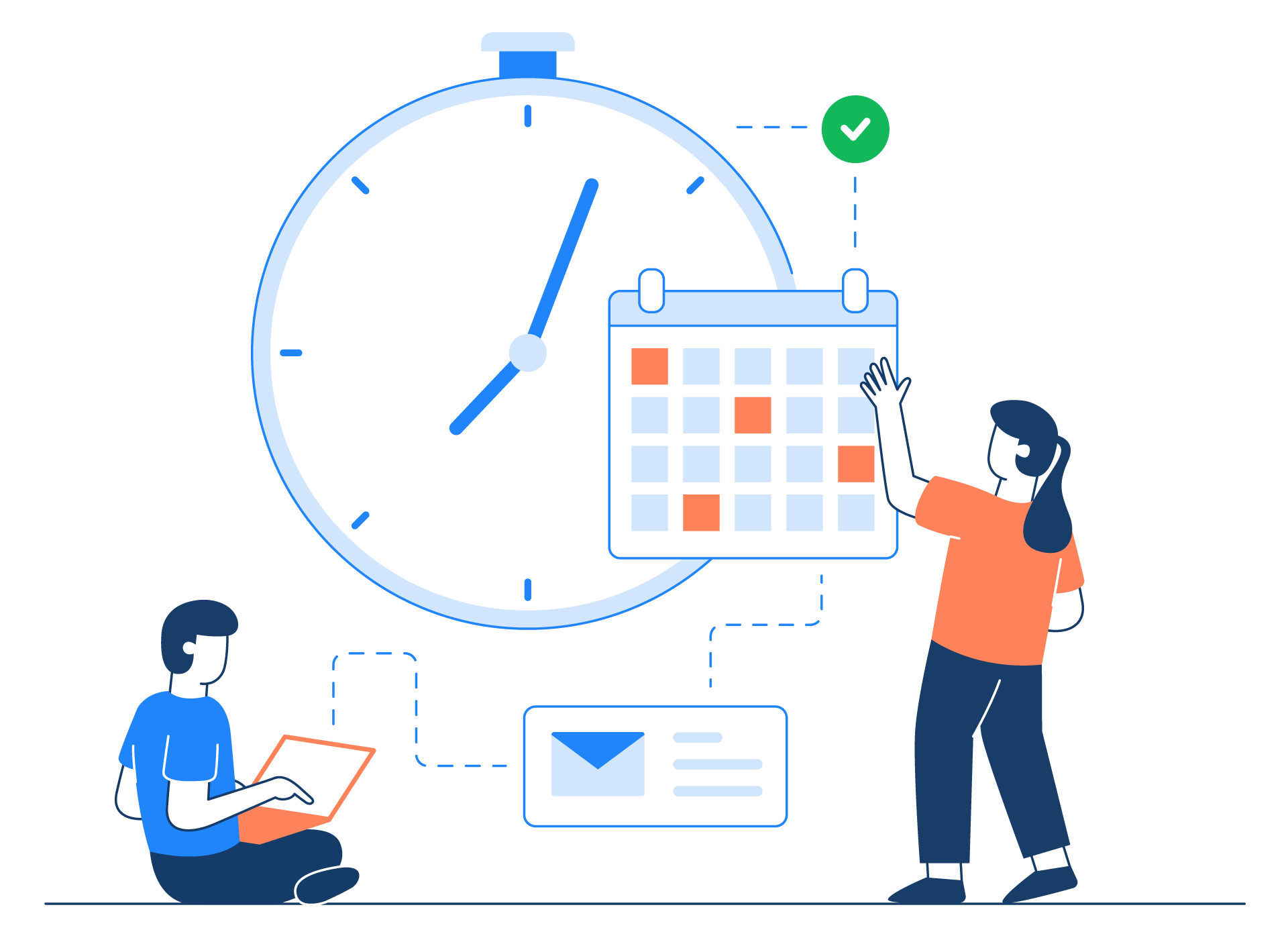
A customer service platform should be flexible enough to adapt to your company’s needs. If you need to make changes to the way it works, the platform should allow for that. If you need to add or remove features, the platform should be able to do that too.
LiveAgent and Zendesk are both very flexible platforms. They can both be adapted to your company’s needs. LiveAgent can be installed on any server, while Zendesk is entirely web-based and doesn’t require installation (except for the mobile app).
LiveAgent offers easy control of spam protection settings through its management console. It also has a flexible ticket system to handle requests from customers or agents; either by email or using a web interface. Zendesk offers similar flexibility, allowing you to create custom fields on tickets and set up rules for routing them, as well as the ability to easily integrate with other apps or tools your company uses.
While both platforms are flexible enough that they can be adapted to any business’s needs, some companies may find one platform more suited to their needs than the other. It really depends on what your company is looking for in a customer service platform.
If you’re looking for a customer service platform that’s highly adaptable and can be tailored to fit your specific needs, then LiveAgent is the better option. If you’re looking for a platform that’s easy to use and doesn’t require a lot of customization, then Zendesk is the better option.
Extensibility
Extensibility is the ability to customize and integrate with other systems.
With a customer service platform, you’re able to manage tickets, chat conversations, and everything within one interface – but what happens when your company needs more than that? That’s where extensibility comes in: it allows for seamless integrations between platforms so you can handle all of your support needs from one place.
Extensibility is important for several reasons: it can help you save time and money, improve customer satisfaction, and make it easier to scale your support operations. When you’re able to customize your customer service platform to fit your specific needs, you’re able to work more efficiently and provide a better experience for your customers.
The more integrations you have, the better. This is because it will allow you to take advantage of data from other sources and pull them into your customer service platform. For example, if your company uses Zendesk then integrating with Twilio or Salesforce can help you improve services by letting agents access information they otherwise wouldn’t have.
LiveAgent offers several tools that allow for extensibility, including their API. This is helpful because you won’t have to hack your way into the system in order to make it work with other pieces of software – they’ve already made it easy enough for everyone to use!
You can connect LiveAgent with more than 40 different third-party apps through Zapier, making it easy to get data where you need it. For example, if you want to send new leads from a landing page directly into LiveAgent, you can do that with just a few clicks.
Zendesk also offers an API and a wide range of integrations, which makes it possible to connect with other systems easily. They also have a Developer Portal where you can find all the information you need to get started.
If you’re looking for a customer service platform that is highly extensible and offers a wide range of integrations, then LiveAgent is the better choice. However, if you’re looking for a platform with more built-in features, then Zendesk might be a better option.
Support
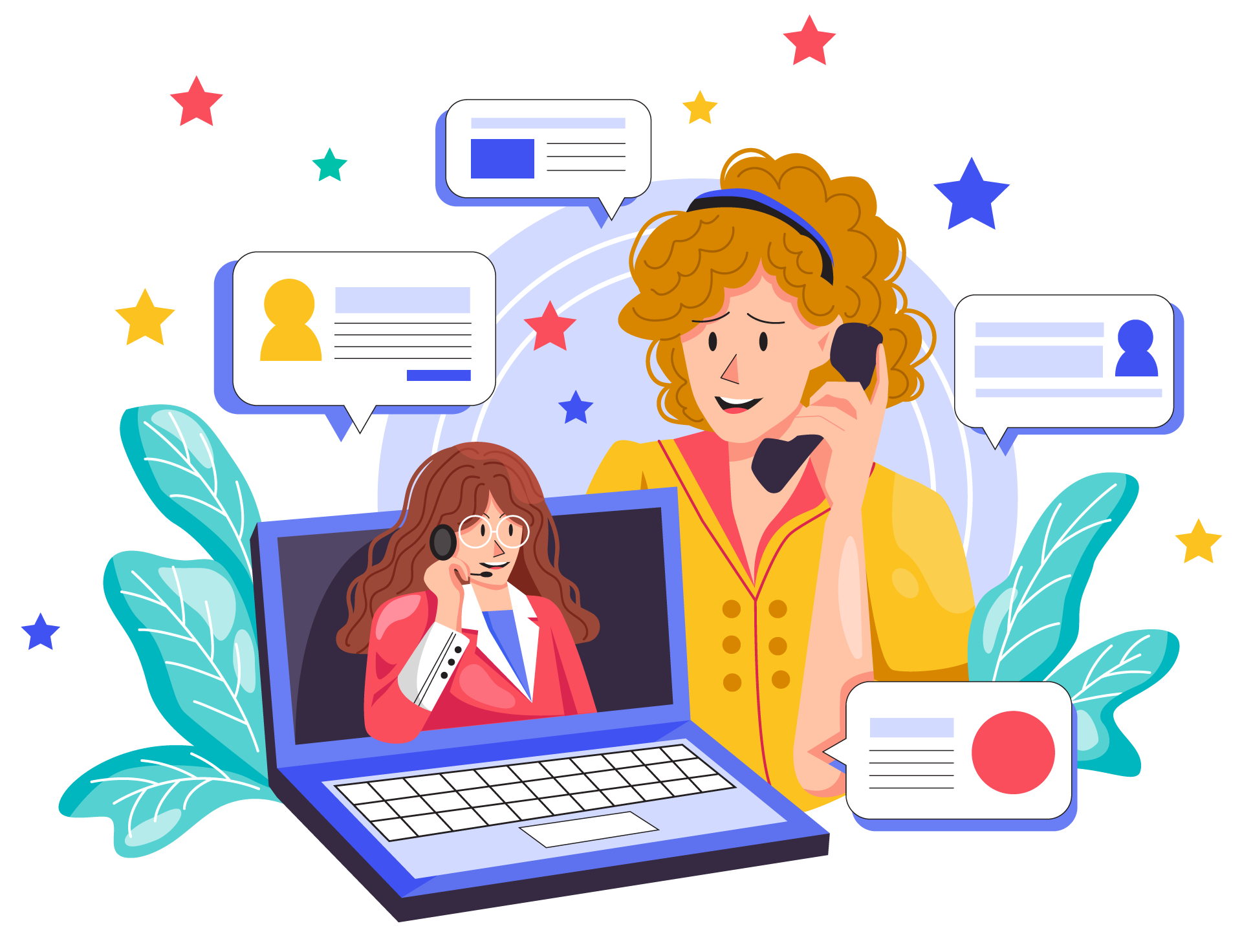
Support is an essential part of any customer service platform. Customers usually want to get in touch with a company when something goes wrong and they need assistance. Since the process is so important, companies must provide this support through their software or website rather than making customers go elsewhere where there might be long wait times on hold or other issues that come with using external resources.
LiveAgent and Zendesk are both great options for customer support, but they have different features that might make one better for your needs than the other.
LiveAgent offers a variety of ways to contact customers including phone, email, chat, and even social media. This gives customers plenty of choices and makes it easy for them to get in touch with a company. In addition, the software is easy to use for agents as well which ensures that they can be as efficient as possible when interacting with customers.
Zendesk has been around longer than LiveAgent and provides lots of features like knowledge bases, social media integration, feedback tools, and more. This means you get access to all of these features and more when you choose Zendesk as your customer service platform. However, the software can be a bit more complicated to use than LiveAgent which might make it less ideal for some businesses.
Both of these platforms are great options for customer support, but they have different strengths that could make one better for your needs than the other. So, it’s important to decide what is most important to you and your business before making a decision.
Design
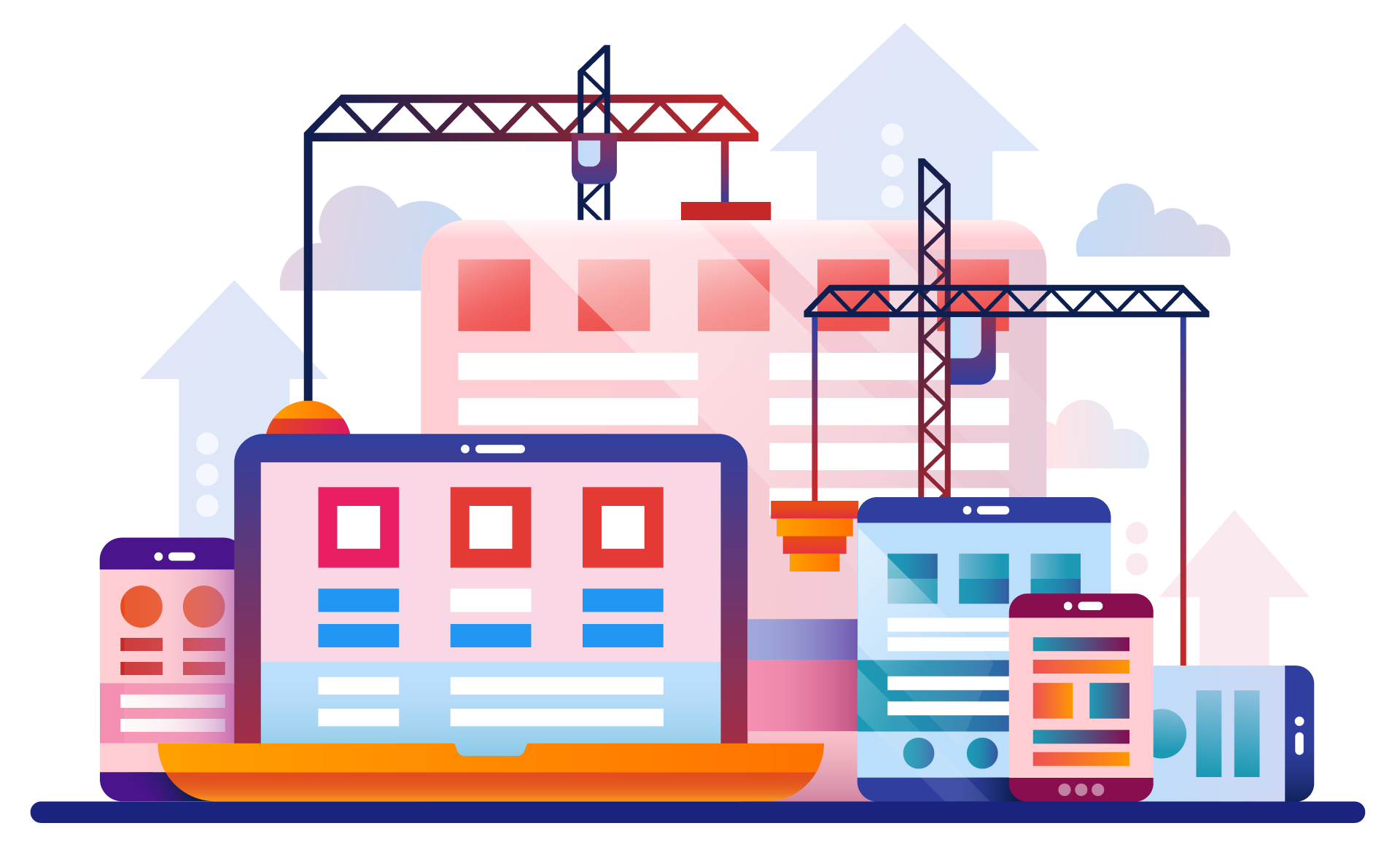
A customer service platform with good design is a good customer service platform. The look and feel of the software are very important, especially for companies that provide a high-quality product or service to their customers. When running an online business, you want your products or services to be showcased in the best possible way through your website which includes great design elements such as images, graphics, and logos.
LiveAgent and Zendesk both have great design features. They are modern, sleek, and easy to use. The layout is intuitive and makes it simple for customers to find the information they need.
LiveAgent’s design has a clean, user-friendly interface with even spacing of the elements on the page. The background is black and white but some pops of color make it an enjoyable experience for customers to use their software.
Zendesk has a more colorful design that uses different hues of blue throughout its platform including within text boxes. There is also an option to use a light or dark theme, depending on your preference.
Both LiveAgent and Zendesk offer modern, sleek designs with intuitive layouts. Their design features make it easy for customers to find the information they need and provide a good user experience. LiveAgent’s design is clean, user-friendly, and has even spacing of elements on the page. Zendesk’s design is more colorful with different hues of blue throughout its platform. They also offer an option to use a light or dark theme.
The bottom line is that both platforms have great design features that make it easy for customers to find the information they need and provide a good user experience.
Reports

Reporting is a crucial feature that any customer service software should have. According to the Gartner Group, “85% of companies with mature support organizations consider reports an important or critical element.” This is because reporting makes it easy for you and your team to identify trends in cases, see at-a-glance how certain issues are affecting many customers, and determine which departments or people are most involved with resolving certain cases.
LiveAgent provides many pre-built reports, with the option to build your own if they don’t suffice. You can filter reports by time, case status, channels, and more. Plus, you can export them to Excel for further analysis.
Zendesk also offers a wide range of pre-built reports, as well as the ability to create your own custom reports. They offer different report types including summary, table, matrix (with or without drill-down), and chart. You can also export reports to Excel, PDF, or JSON.
In terms of reporting features, both LiveAgent and Zendesk are strong competitors. If you’re looking for more complex reporting, Zendesk is the better choice.
Desktop & Mobile Platforms
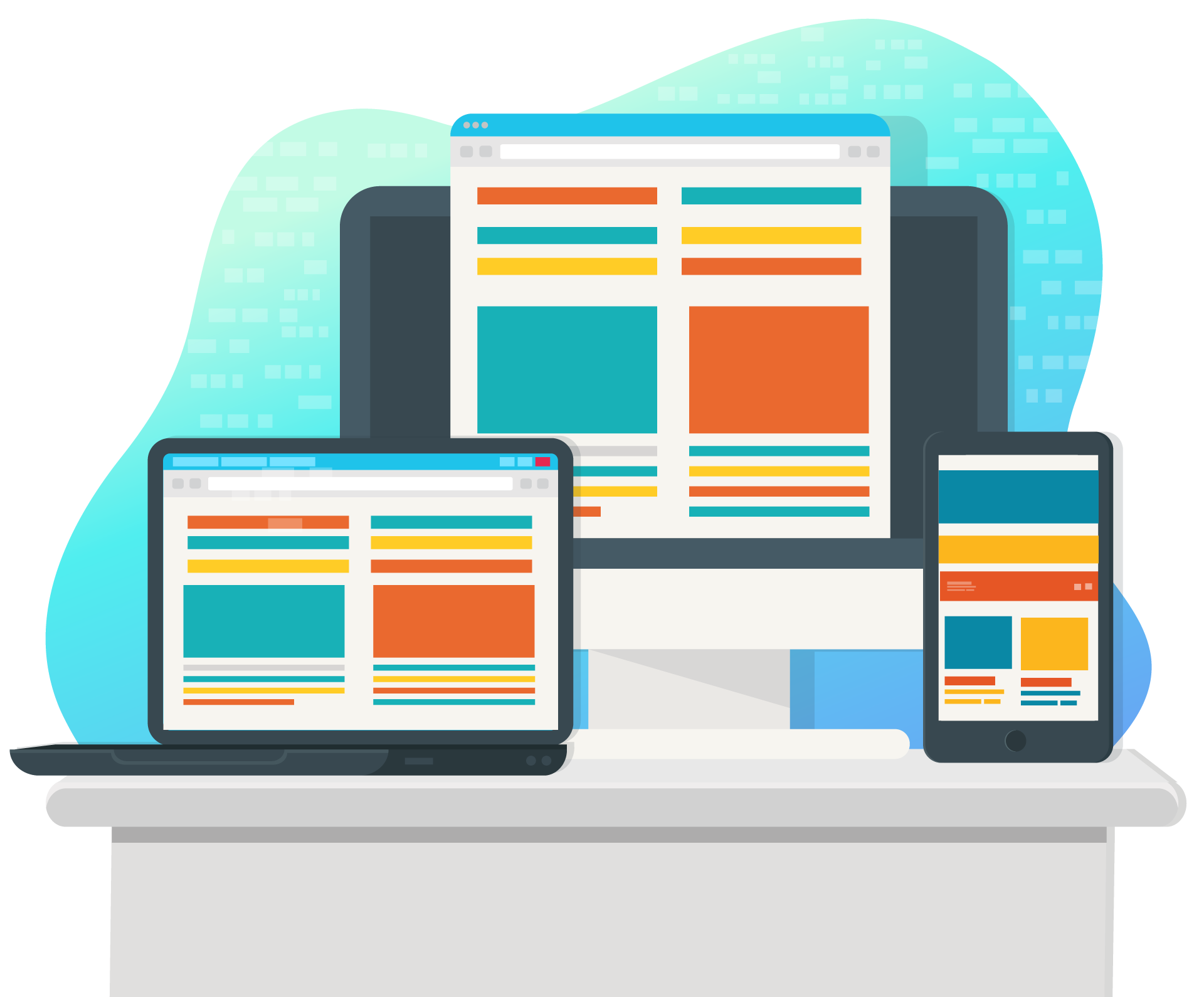
Desktop and mobile platforms are a crucial part of any customer service software. Even though most companies primarily use mobile devices, a desktop is still an important factor for many reasons.
Mobile-friendly – A lot of customers prefer to communicate with businesses via their mobile devices because they can resolve the issue faster that way. To them, this means convenience and time saved on both ends.
Desktop-friendly – There are still some customers who prefer to use a desktop. They might find it more comfortable to type out their issue or have a larger screen to view the conversation. Some businesses also find that they get more tickets from desktop users than mobile users.
Both platforms – A customer service platform should offer both mobile and desktop versions so that no one is left out.
LiveAgent and Zendesk both offer mobile and desktop platforms to their users. LiveAgent’s desktop platform offers more features than the mobile platform, while Zendesk’s mobile platform is more user-friendly. It ultimately comes down to what your team needs and which platform you feel most comfortable with.
Chatbots

Chatbots are important because they allow customers to get help faster and easier. They are also helpful in automating some of the customer service processes. With chatbots, customers can get the help they need without having to wait on hold or go through a long process.
LiveAgent’s chatbot feature is called LiveAgent chatbot, and it allows customers to get help without having to wait on hold. This feature can assign chats based on customer profiles and also integrates with other SaaS applications like Zendesk or Salesforce.
Zendesk’s bot builder lets companies build their own bots for different purposes, which can include gathering information or making a booking. This feature is designed for teams that have already used Zendesk to manage their customer service and support.
LiveAgent and Zendesk both offer chatbots, but they have different features. LiveAgent’s chatbot is more customizable, while Zendesk’s chatbot integrates with other applications. Deciding which chatbot is right for your company will depend on what you are looking for.
Canned responses
Writing responses to common queries and service requests can save you time, but they only work if the responses are personal. Canned responses make it possible to create a database of pre-written messages that employees can access when needed (similar to email responders). The best way for canned responses is as an autoresponder at first instance.
Canned responses can also be used as part of a live chat. If an agent doesn’t know how to answer a question, they can search for a canned response that is relevant to the customer’s query. This will help them provide an answer more quickly, and it will help to ensure that all customers receive the same high level of service.
LiveAgent and Zendesk both offer canned responses as part of their software. However, they are used in different ways.
In LiveAgent, agents can create their own canned responses or import them from a file. They can also add tags to help them find the response later. Canned responses can be used in live chats and email correspondence.
In Zendesk, agents can only import canned responses from a file. They cannot create their own canned responses or add tags. Canned responses can only be used in live chats.
Overall, LiveAgent offers the best-canned response features. It allows agents to create their own canned responses, add tags, and use them in both live chats and email correspondence. Zendesk only allows agents to import canned responses from a file, and they cannot use them in email correspondence.
Queue management
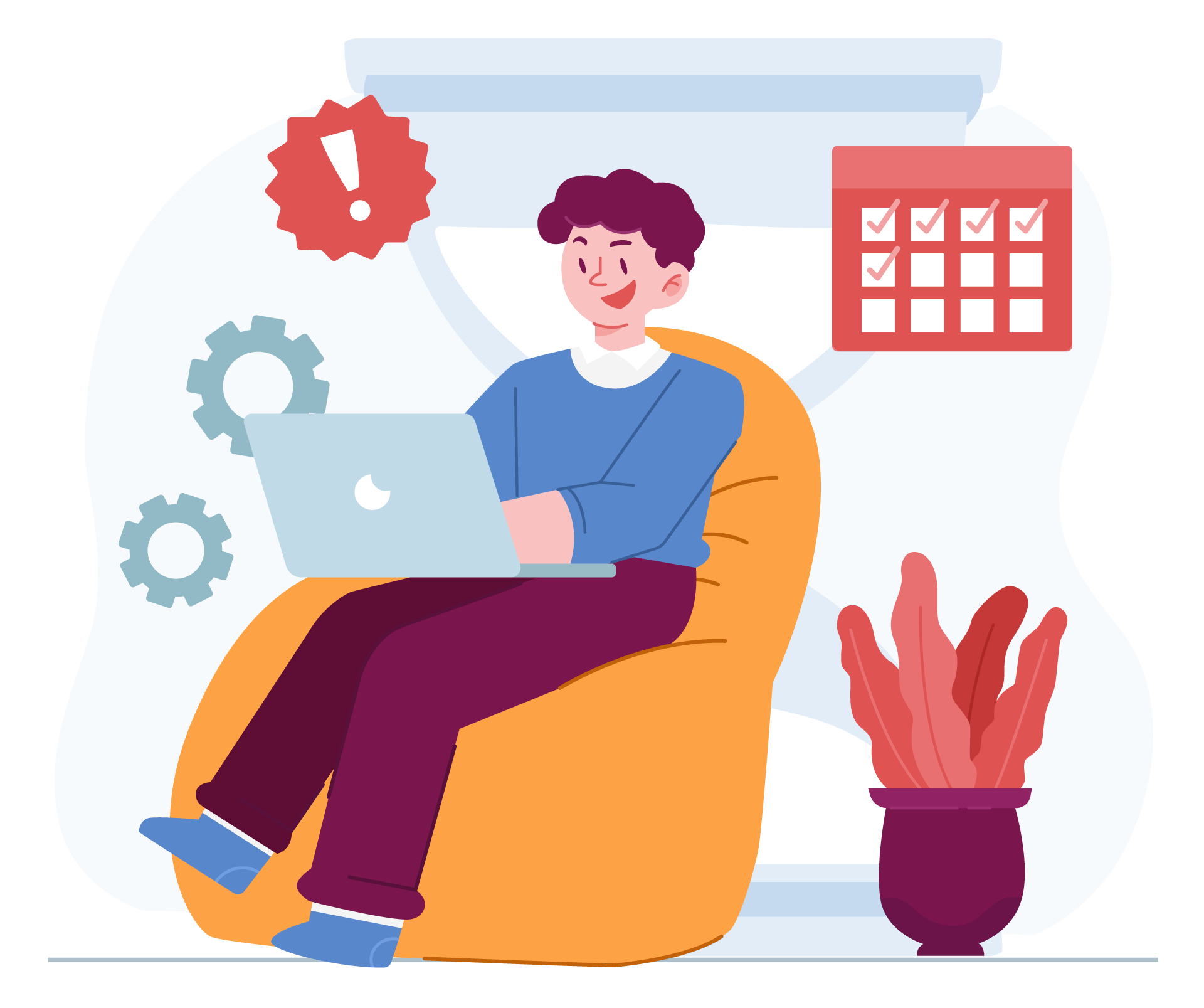
Queue management is a crucial part of every customer service platform. It’s important to have a clear view of what’s going on in your company and take care of inquiries in the right order. This helps you deliver quality service to customers since they will receive quick responses from knowledgeable reps.
Another important thing is that knowledge base management creates an organized back-end for agents so they can quickly find the solution to customer problems.
LiveAgent and Zendesk have different approaches to queue management, so businesses need to understand the advantages and disadvantages before choosing which option works best for them.
Zendesk’s approach focuses on assigning tickets in order based on priority – customers who are waiting for the longest will be the first to receive responses.
LiveAgent’s approach is more about providing customers with “first-class” support through chat, phone, and email – agents are assigned based on availability rather than a priority.
The biggest difference between these systems comes down to how they prioritize customer service activities.
Proactive chat (or smart triggers)
Proactive chat is the ability of a customer service platform to detect when a customer might need help, and then offer assistance proactively. This is important because it can prevent customers from feeling overwhelmed or frustrated, which can lead to them leaving your site or product.
LiveAgent offers proactive chat through its “smart triggers.” These are rules that you can set up to detect potential problems with your site or product. For example, you might create a smart trigger that detects when someone has not visited the checkout page of your e-commerce store within 15 minutes. After this amount of time passes without any action being taken on the website, LiveAgent will offer assistance by displaying an in-app message to guide them through the checkout process.
Zendesk offers proactive chat through its “agent triggers.” These are rules that you can set up to detect when a customer needs help. For example, you might create an agent trigger that detects when someone has submitted a ticket with a certain keyword in the title. After this amount of time passes without any action being taken on the ticket, Zendesk will offer assistance by displaying an in-app message to guide them through the resolution process.
Both LiveAgent and Zendesk offer proactive chat features that can help you prevent customers from becoming overwhelmed or frustrated. However, the way these features are implemented is slightly different. Make sure to research which platform offers the most features that will meet your specific needs.
Languages Supported
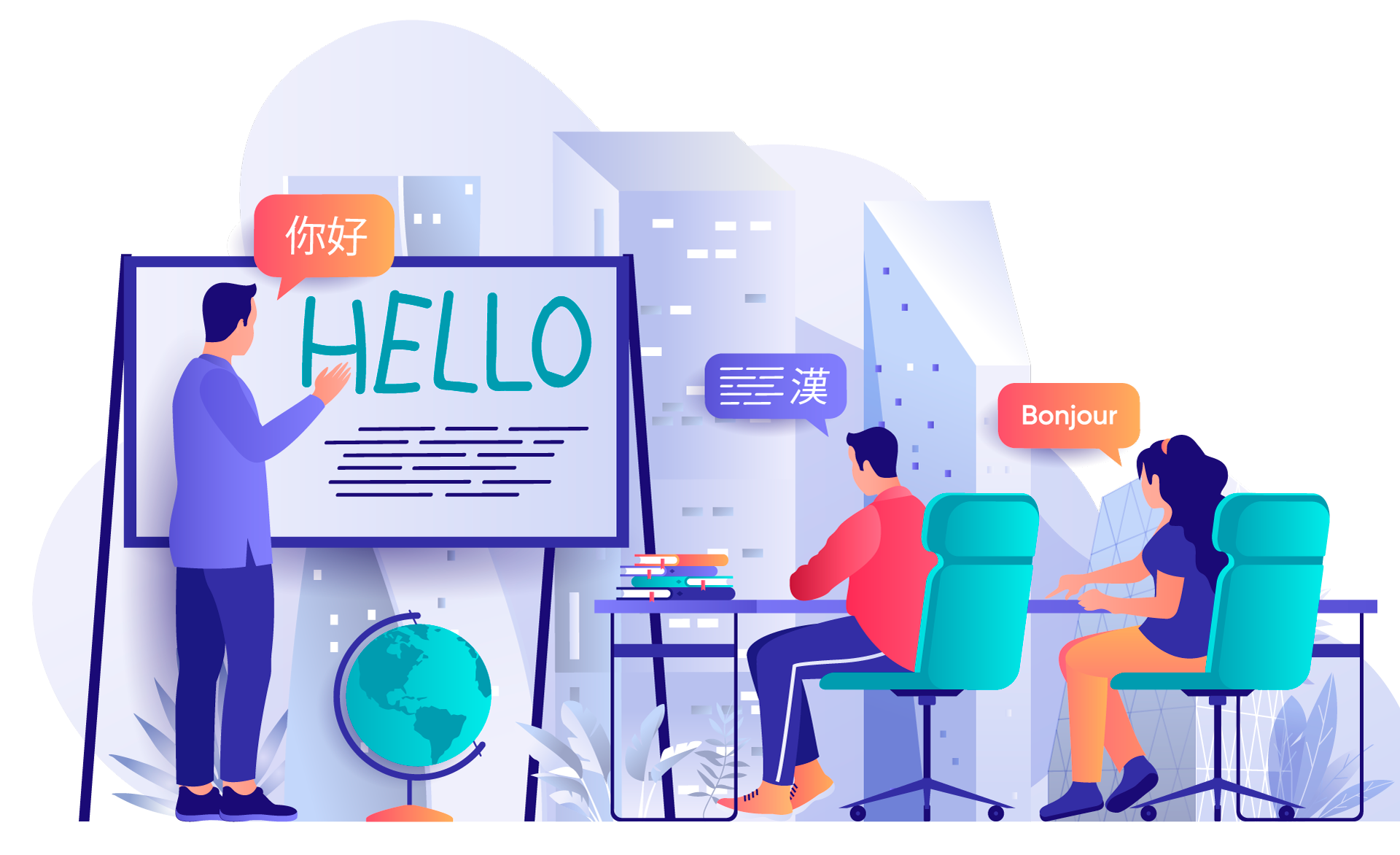
A customer service platform should support the languages your customers speak. If you offer customer service in multiple languages, you need a platform that can support all of those languages.
LiveAgent supports 26 languages, while Zendesk supports only 18. If most of your customers are located in Europe or Asia, LiveAgent is the better choice. If most of your customers are in the United States, Zendesk is a better choice.
Frequently Asked Questions
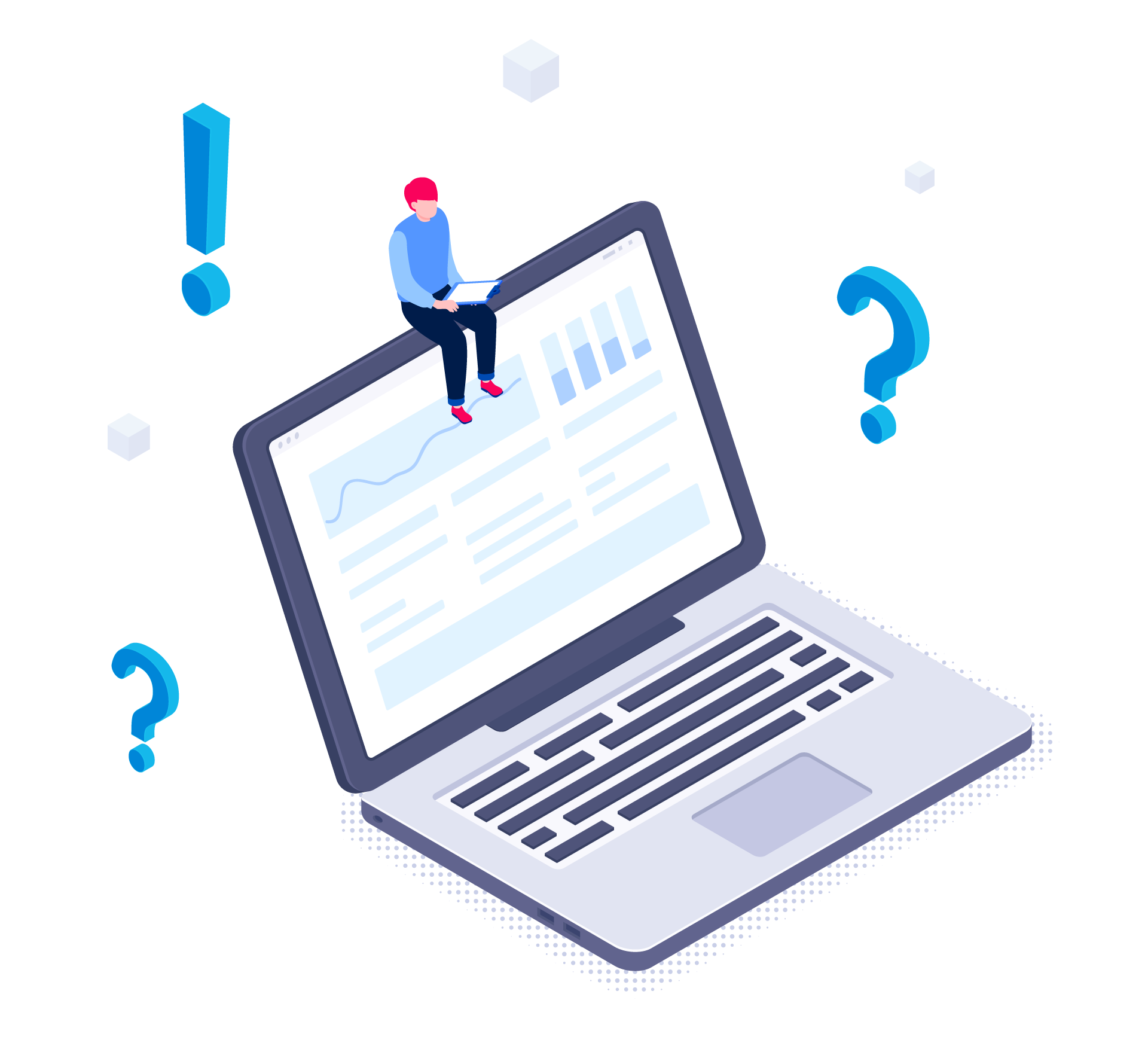
What are some alternatives?
LiveAgent is a great platform for up-and-coming businesses. If you are looking for a more robust platform to handle high volumes of users, Zendesk might be the better option for your business.
Here are some alternatives to LiveAgent:
LiveAgent vs Freshdesk
Freshdesk is a great alternative to LiveAgent. This platform is more robust and can handle high volumes of users much easier than LiveAgent. It also features great reporting, an online help desk and is perfect for both large and small businesses.
Customerly vs LiveAgent
Customerly is a newcomer to the customer service software market. It offers a simple and easy-to-use platform that is perfect for small businesses. LiveAgent, on the other hand, is a well-established player in this space. It has a robust feature set that is ideal for larger organizations.
How can live chat increase the conversion rate for businesses?
Live chat is an integral part of any business website now. It can increase the conversion rate for businesses by helping them reduce bounce rates and improve customer satisfaction.
Live agents are trained to find out what is frustrating about a process or product, then they do their best to correct it quickly to close the sale.
Some of the other benefits of using live chat for businesses include improved customer satisfaction, reduced bounce rates, and increased sales. In addition, live chat also helps businesses to build better relationships with their customers, which can result in repeat business and referrals.
What companies should buy live web chat software?
Companies that are looking to improve their customer service and provide an easier way for customers to get in touch with them should buy live web chat software. This includes small businesses who want to offer the same level of customer service as bigger companies and big businesses who want to make it easier for their customers to contact them.
LiveAgent is great for companies who want to provide the best customer service possible. It’s affordable, easy to use, and offers a free trial so you can see for yourself what it has to offer.
Big companies who have a lot of customers should look at Zendesk as well because they need something that scales easily. This is not only true if their business grows quickly, but also if they need to add more people.
Companies that are looking for an affordable way of improving their customer service should buy live web chat software because it can help them provide a better experience for their customers while making the job easier and less stressful for employees. Plus, there’s no risk with trying out both solutions before you make your decision and you can see for yourself which one works best in your case.
What type of integrations does Zendesk live chat offer?
Zendesk live chat integrates with a number of different software platforms, including Salesforce, Desk.com, and SugarCRM. This allows businesses to manage all customer interactions in one place.
Zendesk also offers a wide range of APIs that allow businesses to build custom integrations with their own systems. For example, you could create an integration that automatically updates your customer’s records in Salesforce when they start a chat with you.
When does it make sense to invest in live chat software?
Investing in live chat software can make sense for any business, regardless of the size.
If you are a small startup and you need to provide your customers with excellent customer service but do not have enough resources or simply don’t want to pay somebody extra money – investing in a live agent is one option that is often preferred.
If you are a mid-sized company that wants to provide great customer service but also cut costs – investing in live chat software can be beneficial as well.
Live Chat is not only for big businesses who want to impress their customers with an excellent customer service experience, but it’s also for smaller companies who want to provide great customer service without spending too much money.
By using live chat software, you allow your agents to focus on solving one particular problem at a time by not having them jump from customer to customer every few seconds which allows them to provide more effective support and make fewer mistakes.
Live agents can focus on solving one particular problem at a time, as they do not have to jump from customer to customer every few seconds which allows them to provide better service with fewer errors.
Those are just a few examples of when it might make sense for a business to invest in live chat software.
Why should you use LiveAgent instead of Zendesk?
Some users prefer LiveAgent because of its more user-friendly interface and less complex setup. It can be easily integrated with other software, such as a help desk or CRM system. LiveAgent also offers more features than Zendesk, including live chat, phone support, and email marketing. Additionally, it is priced lower than Zendesk for many businesses.
Conclusion
A customer service platform is an essential tool for any business. LiveAgent and Zendesk offer two different types of platforms, each with its own set of functions, usage scenarios, and limitations. Learning about these services helps to better understand which one is right for your needs.
The key difference between the two customer service platforms lies in how they are sold: LiveAgent is a self-hosted, on-premise solution for companies with in-house IT support staff. Zendesk is SaaS (software as a service), which means it runs from the cloud and does not require you to install anything on your computers or servers.
To determine which customer service platform best fits your company’s needs, you must first answer a few questions:
-What are your customer service requirements?
-Do you have in-house IT support staff?
-Are you comfortable with managing software and hardware yourself?
If the answer to any of these is no, then Zendesk is probably a better fit for you.
